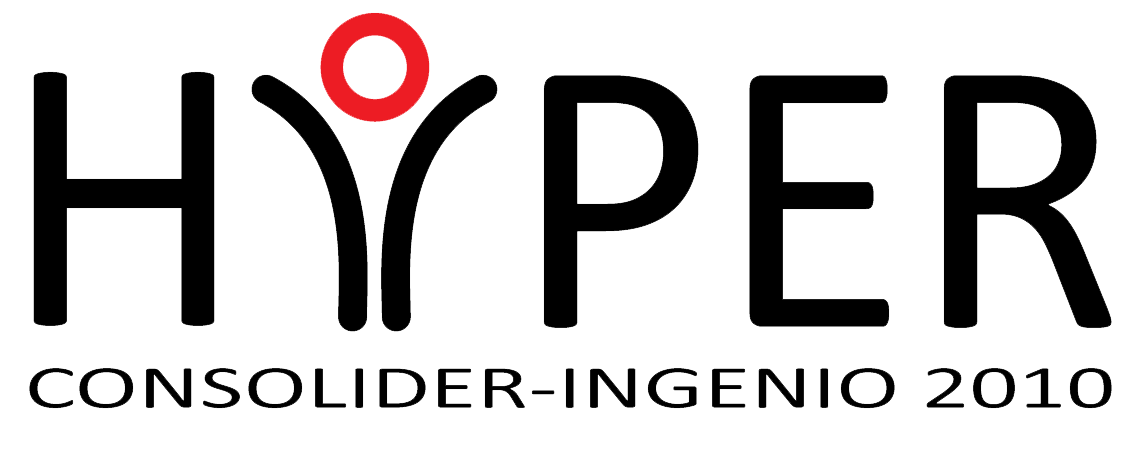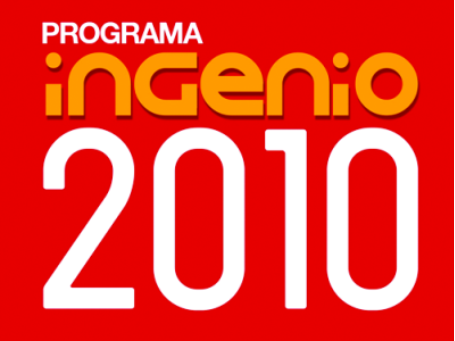Plenary lectures
Download available presentations (.pdf)
The 2013 Summer School provides close contact with leading experts in the following topics:
- Motor dysfunction after CNS disorders
- Gait retraining following neurological injury
- Motor learning approaches
- Physical human robot interaction
- Assessment and treatment of spasticity
- Neuromodulation of the spinal circuitry
- BCIs and rehabilitation
List of the confirmed speakers (see also the Calendar section):
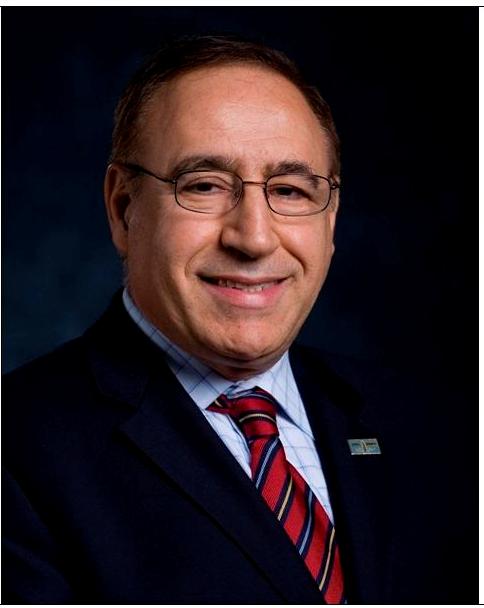 |
Dr. Metin Akay University of Houston, USA +info Metin Akay received his B.S. and M.S. in Electrical Engineering from the Bogazici University, Istanbul, Turkey in 1981 and 1984, respectively and a Ph.D. degree from Rutgers University in 1990. He is currently the founding chair of the new Biomedical Engineering Department and the John S. Dunn professor of biomedical engineering at the University of Houston. He has played a key role in promoting biomedical education in the world by writing and editing several books, editing several special issues of prestigious journals, including the Proc of IEEE, and giving several keynote and plenary talks at international conferences, symposiums and workshops regarding emerging technologies in biomedical engineering. He is also the founder director of the US-Turkey Advanced Institute on Healthcare, sponsored by the NSF and endorsed by the NAE. |
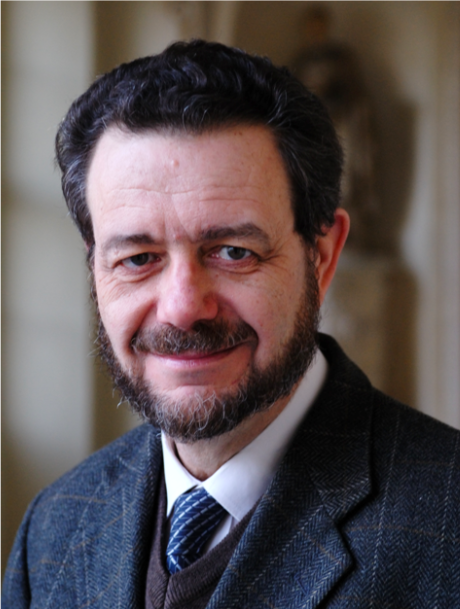 |
Prof. Roberto Merletti Lab. for Engineering of the Neuromuscular System (LISiN) Politecnico di Torino, Italy +info Prof. Merletti obtained his PhD from The Ohio State University and has been Associate Professor of Biomedical Engineering at Boston University from 1989 to 1994. He is now full professor of Rehabilitation Engineering at Politecnico di Torino, Italy. He is the founder (1997) and director of the Laboratory for Engineering of the Neuromuscular System (LISiN) at Politecnico di Torino. He has been involved in five EU projects (he coordinated one) and two ESA projects (he coordinated one) in the field of engineering of the neuromuscular system. He is a member of the editorial board of four major biomedical engineering journals and published over 150 papers in international peer reviewed journals in the fields of electrical stimulation and non invasive electromyography. He is the editor, with Phil Parker, of the textbook "Electromyography: physiology, engineering and non-invasive applications" (J. Wiley and IEEE Press, 2004) and co-author (with M Barbero and A. Rainoldi) of the texbook "Atlas of muscle innervation zones: understanding surface electromyography and its applications" (Springer Verlag 2012). |
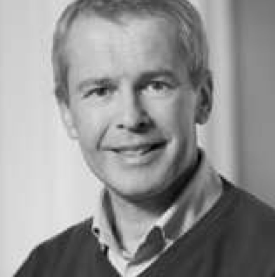 |
Prof. Thomas Sinkjær Director of the Danish National Research Foundation Copenhagen and Professor at Aalborg University, Denmark +info Professor Sinkjær research and teaching interests is within human motor control. His research includes basic studies of the interaction of central neural control and reflex circuitry of the spinal cord and the intrinsic mechanical properties of the skeletal muscle system. His research also involves development of new principles to restore sensory- motor function through neurotechnologies and methods to enhance functional neural plastic changes. Talk: Locomotion in healthy and CNS impaired humans and the implication for developing rehabilitation technologies |
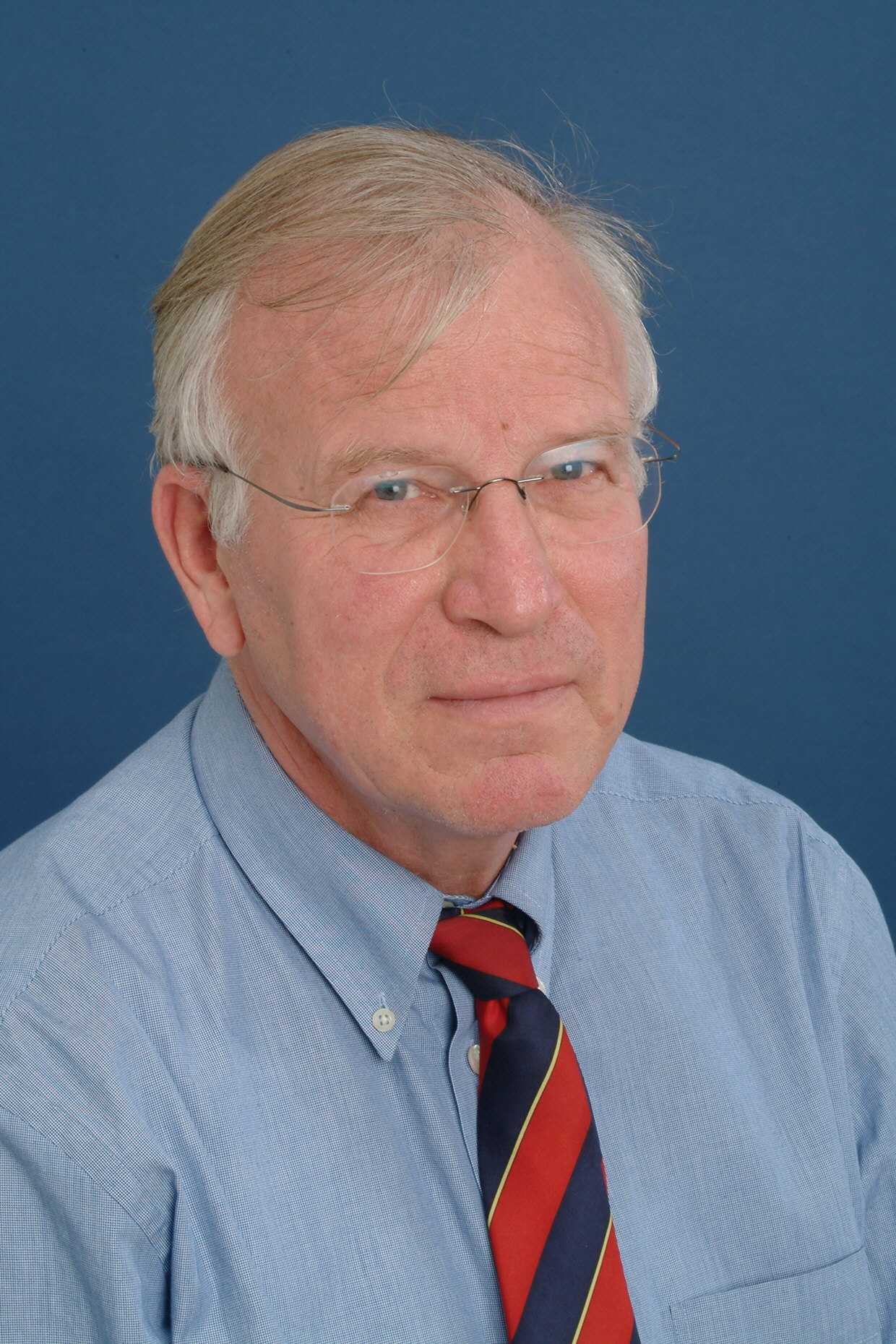 |
Prof Volker Dietz Spinal Cord Injury Center Balgrist University Hospital Zurich, Switzerland +info
Professor Dr. Volker Dietz completed medical training and specialisation in neurology and neurophysiology at the University of Freiburg, Germany. His research was devoted to human motor control and movement disorders. Using the technique of neurophysiological recordings during movements he established a novel pathophysiological basis of, for example, spastic movement disorder. The discrepancy between the clinical condition of spasticity and the movement disorder had profound therapeutical consequences. In 1992 Prof Dietz became director of the Spinal Injury Center and chairman of Paraplegiology at the University of Zurich, i.e. the first chair in Paraplegiology in Europe. With the cooperation with Martin Schwab from the Brain Res Institute together with the Novartis company he translated basic research of the effect of Nogo A antibodies on spinal tract
regeneration in SCI animals to the human setting. For the clinical application of regeneration inducing therapies and the establishment of standardized assessments Dietz founded (together with Armin Curt and Martin Schwab) the European network of paraplegic centers (EMSCI network). Another
focus of research (together with the Engineer Gery Colombo) was the development of robotic devices neurorehabilitational, such as the 'Lokomat'. He edited, (together with T. Nef and Zev Rymer) the Handbook on "Neurorehabilitation Technology" coming out in January 2012. Another focus of research during last years was the course of neuronal function after deprivation of supraspinal input as a basis for a successful regeneration inducing therapy). In 2002/2003 he was guest-professor in
the Miami Center to Cure Paralysis in Miami. Dietz has published 288 peer reviewed original papers
and received several awards for his research on spinal cord injury (e.g. 'Heiner Sell lecture' awarded by the ASIA). |
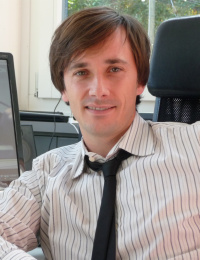 |
Prof. Grégoire Courtine International Paraplegic Foundation (IRP) Chair Center for Neuroprosthetics and Brain Mind Institute School of Life Sciences +info Prof. Dr. Grégoire Courtine was originally trained in Mathematics and Physics, but received his PhD degree in Experimental Medicine from the University of Pavia, Italy, in 2003. From 2004-2007, he held a Post-doctoral Fellow position at the Brain Research Institute, University of California at Los Angeles (UCLA) under the supervision of Dr. Reggie Edgerton. In 2008, he became assistant professor at the university of Zurich in Switzerland where he established his own research laboratory. He recently has been nominated Associate Professor at the Swiss Federal Institute of Technology in Lausanne (EPFL), within the newly-launched Center for Neuroprosthetics and the Brain Mind Institute. The main focus of his lab includes the development and use of neuroprosthetic systems, robotic interfaces, pharmacological cocktails, neuroregenerative therapies, and neurorehabilitation interventions to restore motor functions after neurological impairments such as spinal cord injury or stroke. His laboratory addresses a wide range of research paradigms in mice, rats, cats, monkeys, and humans. In the past four years, he published several articles in Nature Neuroscience and Nature Medicine, which were discussed in national and international press extensively. He received numerous honors and awards such as the 2007 Chancellor's award for excellence in post-doctoral research from UCLA and the 2009 Schellenberg Prize for Research that was awarded by the International Foundation of Research in Paraplegia. Talk: Neuroprosthetic technologies to improve functional recovery after neuromotor disorders |
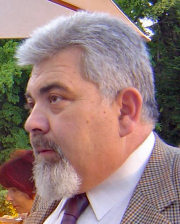 |
Dr. Dejan Popovic University of Belgrade, Faculty of Electrical Engineering, Belgrade Serbia and Aalborg University, Department for Health Science and Technology +info Professor of Rehabilitation Engineering in the University of Belgrade, Serbia. Professor of Biomedical Engineering in the University of Miami. Professor of Neurological Surgery in the University of Alberta (Canada). Professor of Physiology. His scientific interests are: Control of movement, Restoration of movement in humans with disabilities, Design of medical instrumentation, and Information technology in medicine. Talk: Neuroprosthesis: A tool for neurorehabilitation or functional compensation? |
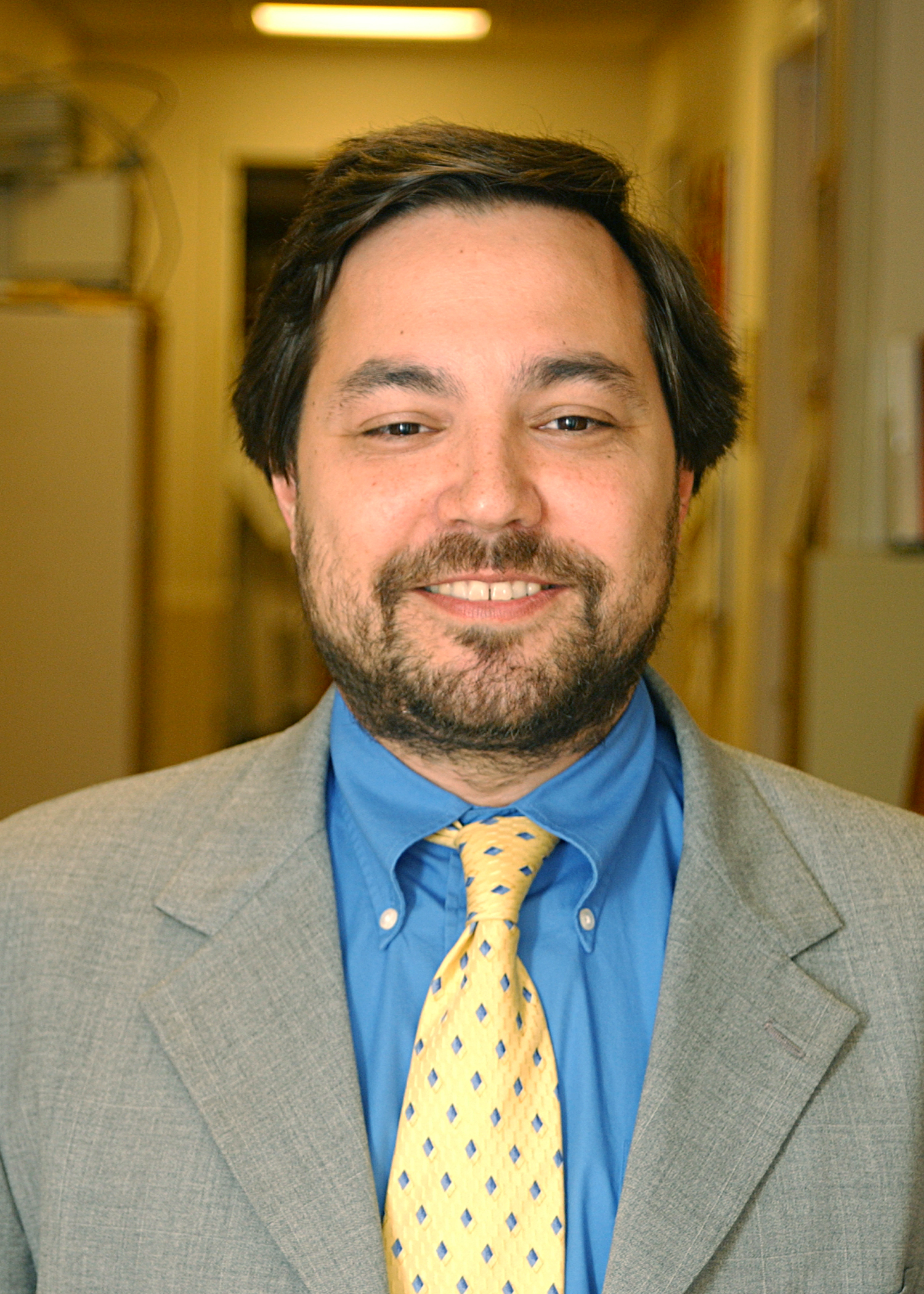 |
Dr. Paolo Bonato Spaulding Rehabilitation Hospital, Boston, USA +info Paolo Bonato serves as Director of the Motion Analysis Laboratory at Spaulding Rehabilitation Hospital, Boston MA. He is an Assistant Professor in the Department of Physical Medicine and Rehabilitation, Harvard Medical School, Boston MA, a member of the Affiliated Faculty of the Harvard-MIT Division of Health Sciences and Technology, Cambridge MA, an Adjunct Professor of Biomedical Engineering at the MGH Institute of Health Professions, Boston MA, and an Associate Faculty Member at the Wyss Institute of Biologically Inspired Engineering at Harvard University, Boston MA. Dr. Bonato is Founding and Current Editor-in-Chief of Journal on NeuroEngineering and Rehabilitation, an Associate Editor of the IEEE Transactions on Information Technology in Biomedicine and of the IEEE Transactions on Biomedical Engineering. Dr. Bonato served as an Elected Member of the IEEE Engineering in Medicine and Biology Society (EMBS) AdCom (2007-2010), and as President of the International Society of Electrophysiology and Kinesiology (2008-2010). He served as Chair of the 33rd Annual International Conference of the IEEE Engineering in Medicine and Biology Society (2011). Dr. Bonato served as Chair of the IEEE EMBS Technical Committee on Wearable Biomedical Sensors and Systems in 2008 and has been a member of this committee since its inception in 2006. To learn more about Dr. Bonato's work, visit http://srh-mal.net/. Talk: Rehabilitation Technology to Improve Motor Function in Children with Cerebral Palsy |
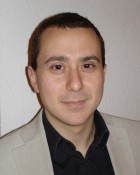 |
Prof. Dario Farina Department of Neurorehabilitation Engineering Bernstein Focus Neurotechnology (BFNT) Göttingen Bernstein Center for Computational Neuroscience Göttingen University Medical Center Göttingen Georg-August University, Germany +info
After a period (2002-2004) as Research Assistant Professor at Politecnico di Torino, he moved to Aalborg University, Denmark, where he was an Associate Professor in Biomedical Engineering (2004-2008) and then Full Professor in Motor Control and Biomedical Signal Processing (2008-2010). In the latter period, he has been the Head of the Research Group on Neural Engineering and Neurophysiology of Movement at Aalborg University. In 2010 he was appointed Full Professor and Founding Chair of the Department of Neurorehabilitation Engineering at the University Medical Center Göttingen, Georg-August University, Germany, within the Bernstein Center for Computational Neuroscience Göttingen. He is currently the Chair for Neuroinformatics of the Bernstein Focus Neurotechnology of Göttingen. His research spans engineering, physiology, neuroscience, and clinical sciences in a translational approach and focuses on the study of neural control of movement and on methods to replace, restore, and modulate lost or impaired motor functions. |
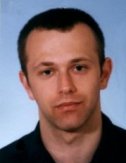 |
Prof. Ales Holobar Associate Professor University of Maribor Faculty of Electrical Engineering and Computer Science +info
A. Holobar received his PhD in Computer Science in 2004 from the Faculty of Electrical Engineering and Computer Science (FEECS), University of Maribor (UM), Slovenia. From 2005 to 2009, he was with Laboratory of Engineering of Neuromuscular System and Motor Rehabilitation at Politechnico di Torino, Italy. From 2009, he is with FEECS UM. |
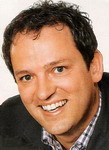 |
Prof. Robert Riener Institute of Robotics and Intelligent Systems, ETH Zurich and Spinal Cord Injury Center, University Hospital Balgrist, University of Zurich +info
Robert Riener is full professor for Sensory-Motor Systems at the Department of Health Sciences and Technology, ETH Zurich, and professor of medicine at the University Clinic Balgrist, University of Zurich. Riener has published more than 300 peer-reviewed journal and conference articles, 20 books and book chapters and filed 20 patents. He has received more than 15 personal distinctions and awards including the Swiss Technology Award in 2006, the IEEE TNSRE Best Paper Award 2010, and the euRobotics Technology Transfer Awards 2011 and 2012. |
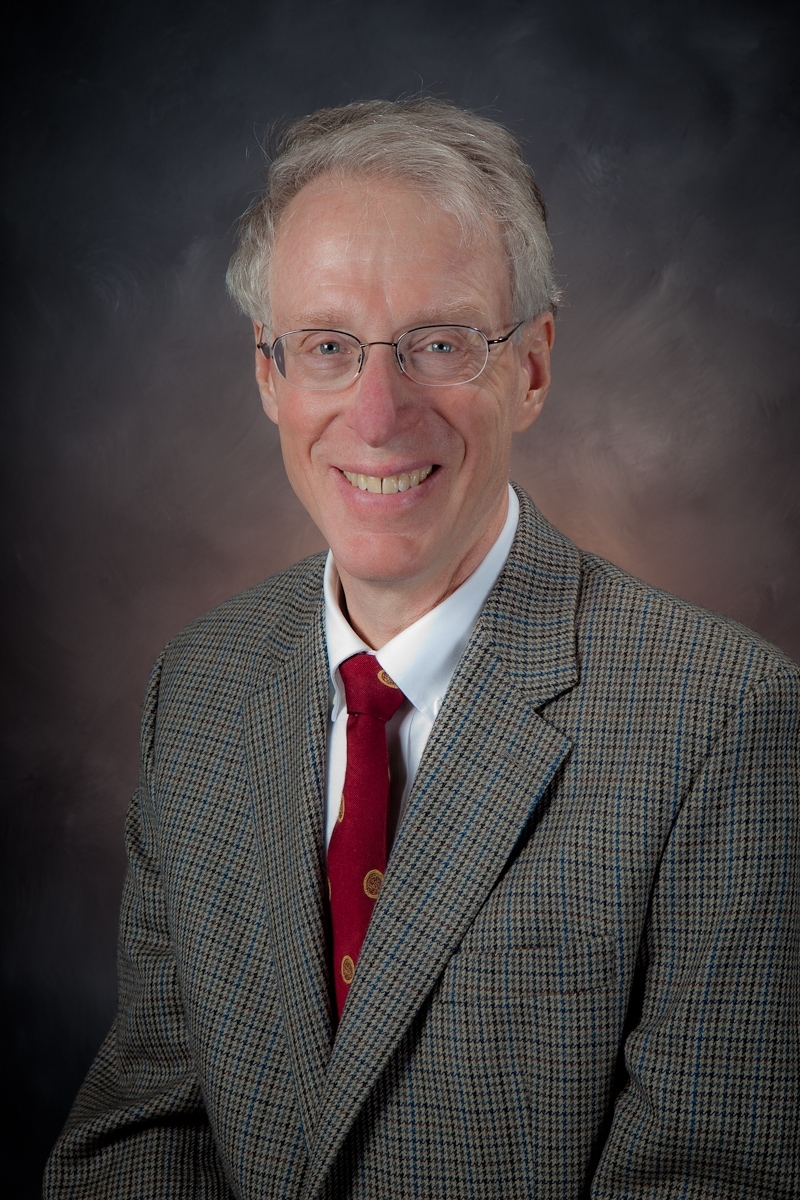 |
Prof. Jonathan R. Wolpaw Laboratory Chief and Professor. Wadsworth Center. New York State Dept of Health and State. Univ of New York +info Over the past 30 years, Dr. Wolpaw's laboratory has developed and used operant conditioning of spinal reflexes as a model for defining the plasticity underlying learning. His group´s recent work shows that reflex conditioning can guide spinal cord plasticity in spinal cord-injured rats and can thereby improve locomotion. Clinical researchers are now finding evidence that such conditioning can improve locomotion in people with partial spinal cord injuries. For the past 20 years, Dr. Wolpaw has also led development of EEG-based brain-computer interface (BCI) technology to provide non-muscular communication and control to people who are paralyzed. Most recently, his group has begun to provide BCI systems to severely disabled people for daily use in their homes. Talk: Enhancing Rehabilitation: Using Targeted Neural Plasticity to Improve a Negotiated Equilibrium |
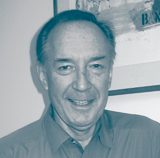 |
Prof. Emilio Bizzi Institute Professor McGovern Institute for Brain Research Massachusetts Institute of Technology +info
Dr. Bizzi's primary research interest is the understanding of how the brain controls voluntary movements. To this end he has focused on two related questions: how does the brain handle the enormous complexity involved in making even the simplest movement and how does the brain learn a new motor
task and then generalize that learning to each new variation of the task. During the last two years, he began investigations of applying his work on muscle modules to methods that could lead to enhanced rehabilitation for stroke survivors and collaborates with Spaulding Rehabilitation Hospital in Boston,
MA, and San Camillo Hospital, Venice Italy. In addition, his lab also continues collaborations with neurosurgeons from Massachusetts General Hospital to develop the next generation of neural prosthetics. |
 |
Prof. Elan D. Louis Professor of Neurology and Epidemiology College of Physicians and Surgeons and Mailman School of Public Health Columbia University +info Dr. Louis cares for patients with a variety of involuntary movements, including essential tremor, Parkinson's disease, dystonia, tics, and Huntington's disease. Dr. Louis's principal academic interest is in degenerative diseases of the central nervous system (especially disorders of involuntary movement) including their epidemiology, distribution within populations, genetic basis, etiology, and pathogenesis. He has a particular interest in essential tremor (ET), where his research has included studies of its epidemiology, familial aggregation, environmental epidemiology, brain metabolism, and neuropathology. He has also established a DNA and brain bank for ET. |
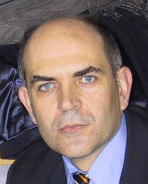 |
Prof. Eduardo Fernandez University of Elche, Spain +info Professor of Cellular Biology, Chairman of the Department of Histology and Anatomy in the University Miguel Hernandez (Spain) and Director of the Neuroengineering and Neuroprosthesis Unit at the Bioengineering Institute. He received a M.D. degree from the University of Alicante (1986) and a Ph.D. in Neuroscience with honors in 1990. He has been visiting professor at the University of Utah (USA), University of Oldenburg (Germany), Beth Israel Medical Deaconess Center (USA) and University of Vienna (Austria). His research interests is in developing solutions to the problems raised by interfacing the human nervous system and on this basis develop a two-way direct communication with neurons and ensembles of neurons. He is actively working on the development of neuroprostheses and brain-machine interfaces. |


